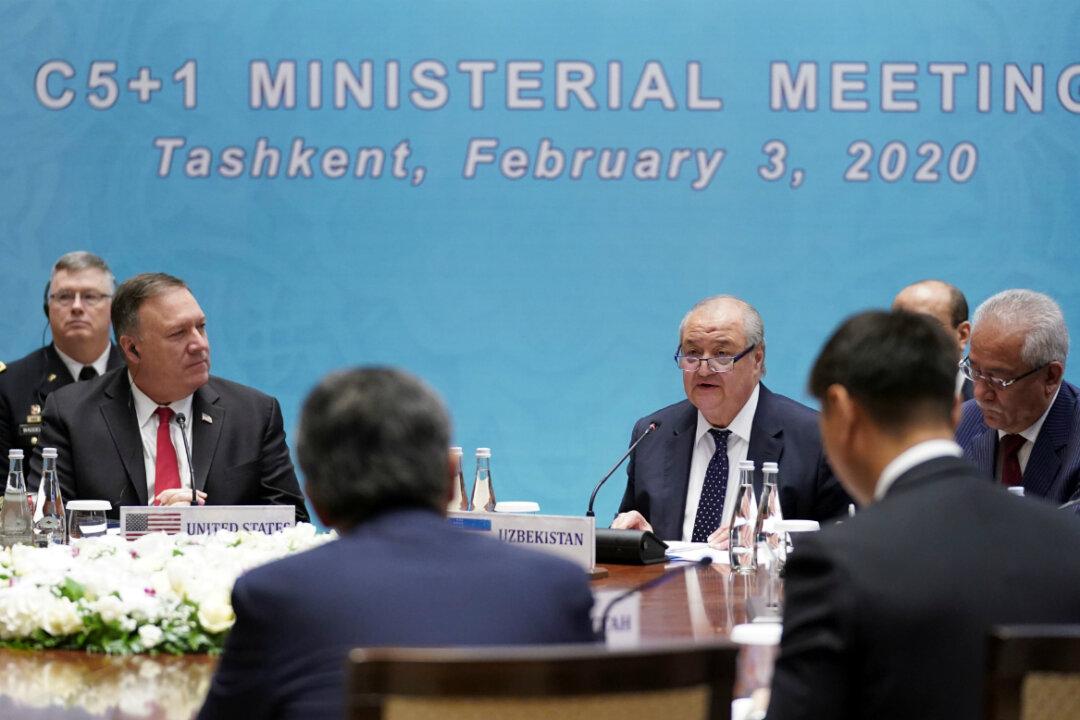Secretary of State Mike Pompeo’s tour to the UK, Eastern Europe, and Central Asia was focused on bilateral economic and security cooperation and warning the visited countries about China’s unfair, state-led trade, and investment practices.
Secretary Pompeo traveled to London a few days before Britain’s departure from the European Union where he met with UK Prime Minister Boris Johnson and Foreign Secretary Dominic Raab to re-affirm the Special Relationship between the UK and the United States after Brexit and discuss strengthening their bilateral ties, including negotiating a free trade deal.





